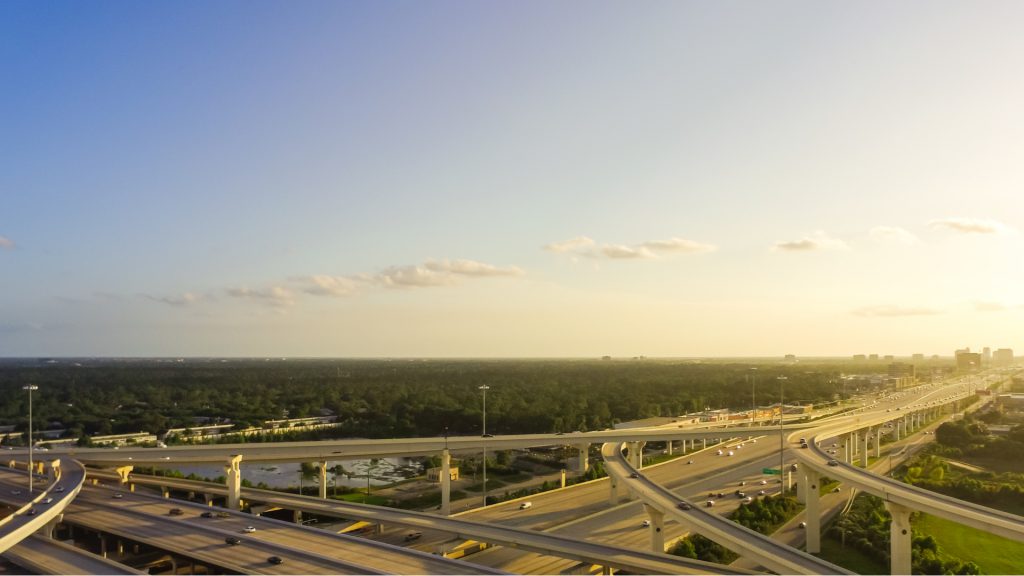A new report from the American Road and Transportation Builders Association released Sept. 12 quantifies the significant losses Connecticut faces if it fails to invest in transportation infrastructure. The state would forego over $65 billion in long-run economic benefits, wages and output from drivers and businesses and nearly $21.4 billion in state GDP. The report also examines the significant impact on the six key economic sectors in the state. Read More>>
A survey released by HNTB Corp on Sept. 11 found that 84 percent of Americans are willing to pay higher taxes or tolls to fund transportation improvements, as long as the revenue is required by law to be spent on the intended infrastructure projects. Read More>>
The Wisconsin Assembly voted 57-39 on Sept. 14 to pass a state budget that includes new transportation revenue. The bill now goes before the Senate, where leaders have stated they currently do not have enough votes to pass the measure. Read More>>
The Pennsylvania House passed a budget proposal on Sept. 13 that decreased the amount of diversions from transportation funds. The bill passed with no Democratic support, and the opposition of 15 Republican lawmakers. The House and the Senate now must work on a compromise between their proposals. Read More>>
An anticipated transfer to the Massachusetts transportation fund was cut by $13.1 million due to state budget shortfalls. The state department of transportation (MassDOT) will utilize $4.5 million in reserves as well as reduce earmarks by $730,000 and make $7.9 million in adjustments, with the Highway Division seeing the largest cut at $3.7 million. MassDOT Chief Financial Officer David Pottier warned that, while the reductions will not affect full-time employees, they could affect seasonal or temporary employees. Read More>>
Hawaii Gov. David Ige (D) approved a measure on Sept. 5 to provide $2.4 billion in funding towards Honolulu’s commuter rail project, which is behind schedule and over budget. The bill extends a 0.5 percent general excise tax on Oahu for three years, increases the statewide hotel room tax by 1 percent for 13 years, and reduces an administrative fee on Oahu’s rail tax from 10 percent to 1 percent in order to raise the revenue. Oahu must show that it is able to close the remaining funding gap, estimated at $600 million, to receive $1.55 billion in federal transit grant funding. Read More>>
Did you miss this?
- A free webinar exploring state electric vehicle fees is scheduled for Friday, Oct. 20 at 3:00 pm ET. Read More>>

